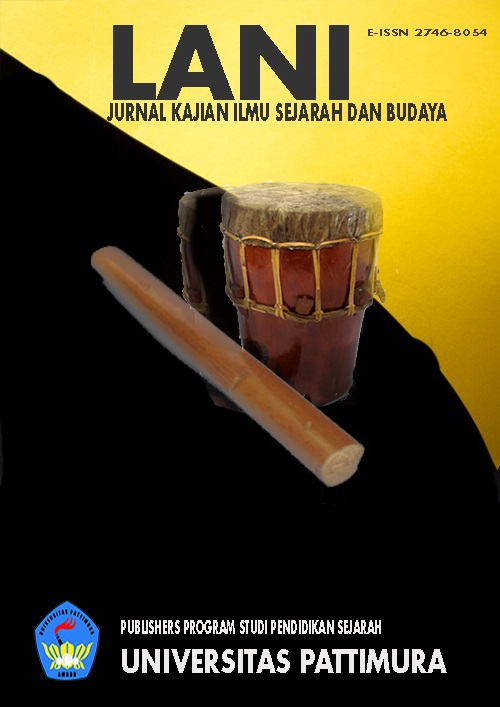Menafsirkan Agama Melalui Sikap dan Orientasi Keagamaan dalam Masyarakat Jawa pada Masa Orde Baru
Interpreting Religion Through Religious Attitudes and Orientation in Javanese Society during the New Order Period
Abstract
Religiosity or religious practice reflects the unique characteristics of each religion in the application of its teachings. In Indonesia, especially in Javanese society, religiosity is greatly influenced by local culture. Therefore, the purpose of this study is to examine religious interpretation through the religious attitudes of the Javanese people during the New Order period (1966-1998). Using an in-depth literature study and critical analysis approach, this study analyzes how the policy of depoliticization and standardization of religion by the state interacts with Javanese syncretic traditions. The findings of this study show that Javanese society is not passive, but develops adaptive and resistant cultural strategies, such as maintaining the slametan tradition, in the midst of homogenization efforts. Religious and cultural elites have an important role in integrating Islamic doctrine with Javanese cosmology, which forms a religious typology that reflects pluralism, eclecticism, and universalism. The attitude and religious orientation of the Javanese people emphasizes sportsmanship, democracy, accommodation, and flexibility in accepting and embracing groups that have beliefs different from their ancestral traditions. Religious practices for the Javanese people are considered part of Pancasila, Bhinneka Tunggal Ika, and nationalism. The Javanese religious concept is when beliefs always go hand in hand with mystical and supernatural things. Javanese people always strive to create balance in the midst of differences, uphold tolerance, and spread peace by respecting the existence of others.
Downloads
Copyright (c) 2025 Ardi Tri Yuwono; Gijsbert ter Braake

This work is licensed under a Creative Commons Attribution-ShareAlike 4.0 International License.








